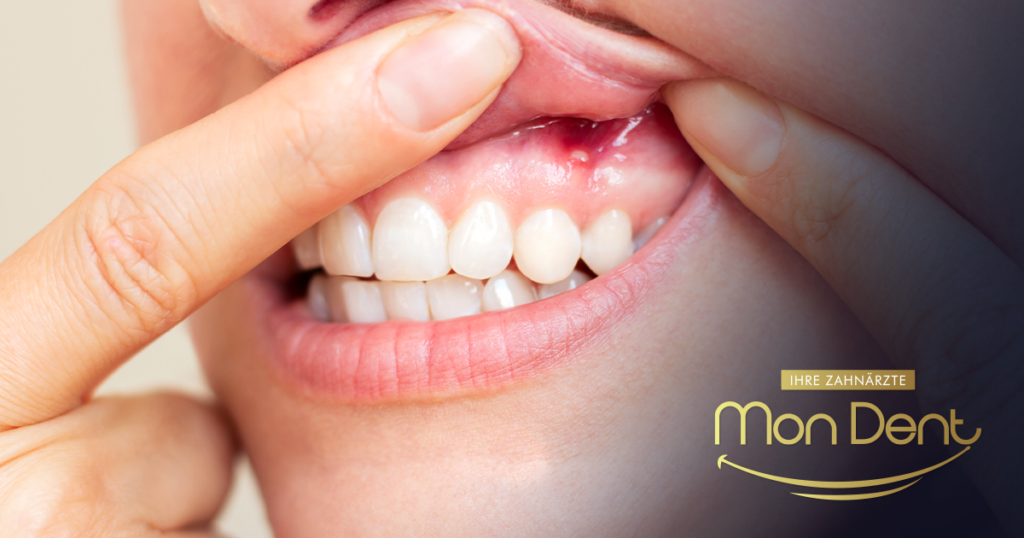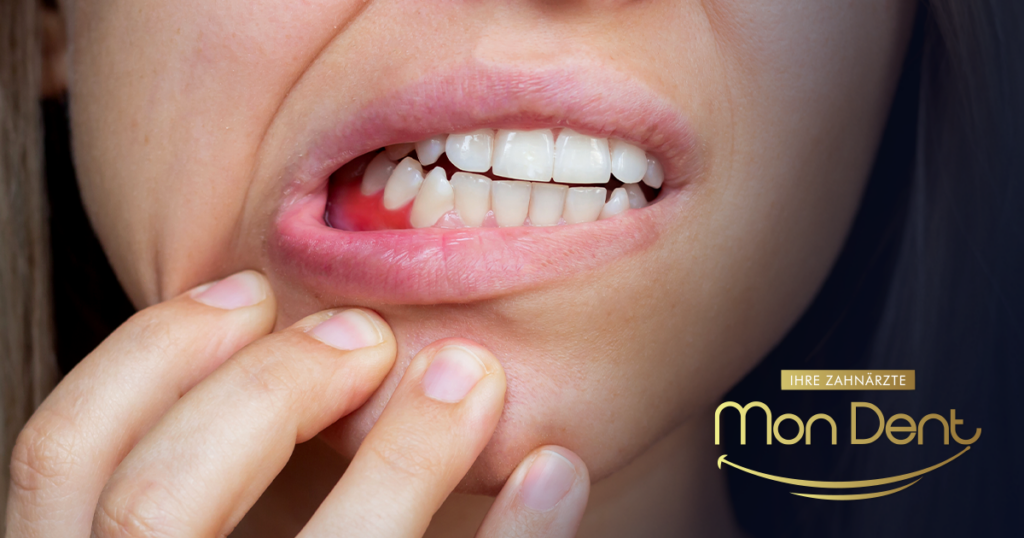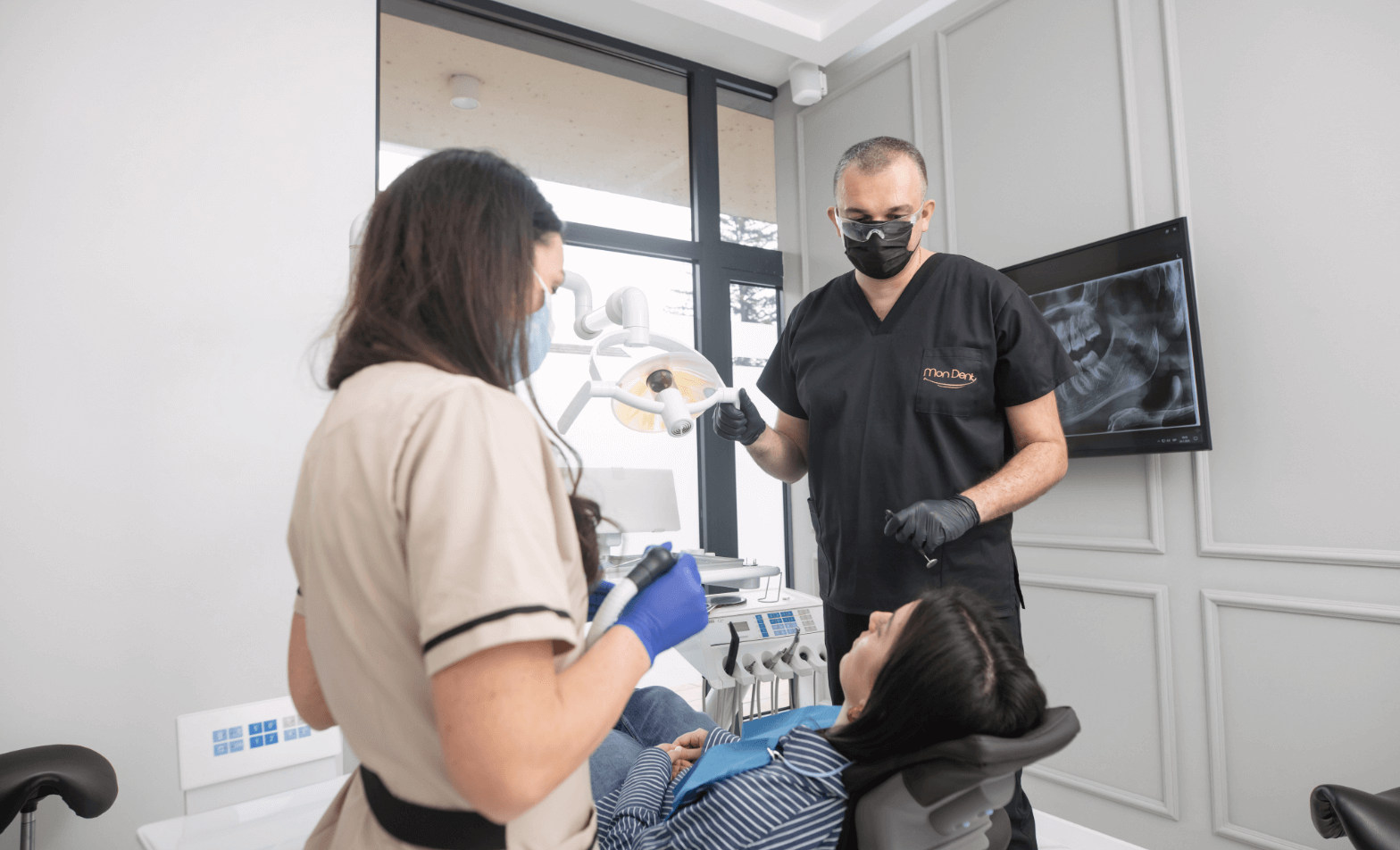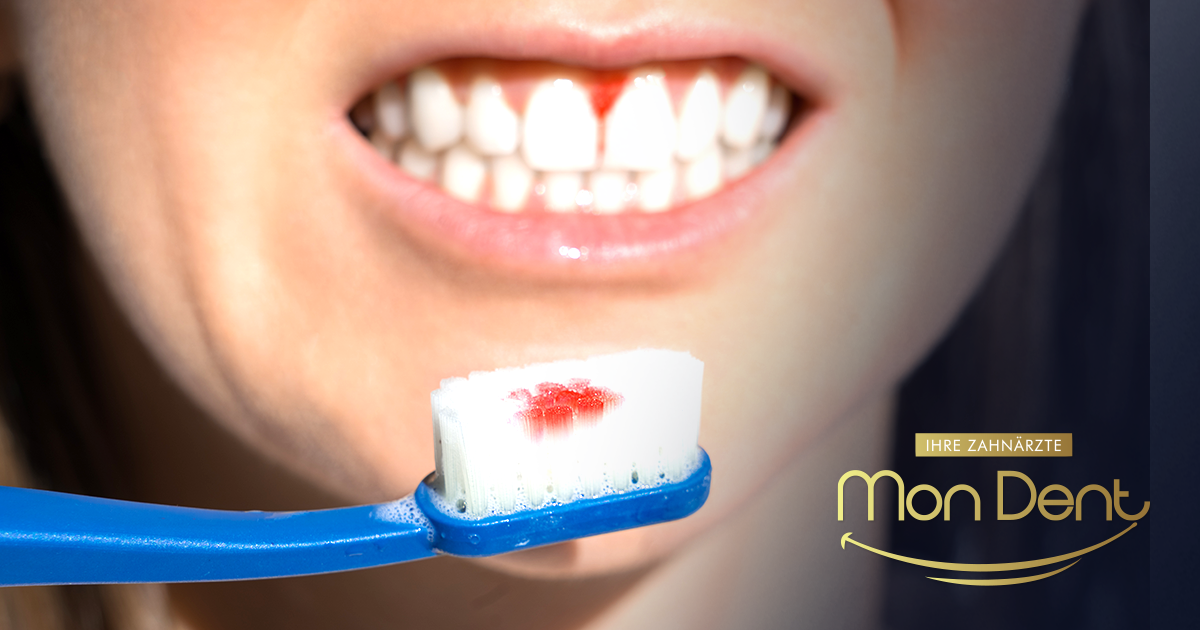Content:
- What is bleeding gums and why does it occur?
- Ignoring bleeding gums affects your overall health
- When to seek help? Dentists say: Immediately!
- The solution is in your hands and in our office.
- Conclusion
Bleeding gums are a sign that there is inflammation. When you notice blood on your toothbrush, while flossing, or even when you bite into an apple, your gums are clearly telling you that there is inflammation that needs to be addressed. Don't ignore any blood that appears on your gums.
This is usually a sign that bacterial plaque, and then tartar, has caused the problem. Don't wait for bleeding gums to get worse because then you will cause a bigger problem such as periodontitis. A quick response and a professional dental examination are the first and most important step towards solving the problem. In Mondent dental office We provide services that quickly and easily treat the symptoms and cause of bleeding gums.
What is bleeding gums and why does it occur?
Bleeding gums are a symptom, not a disease. They are a clear indication of inflammation, most often caused by a buildup of bacteria. The most common cause of bleeding gums is not brushing your teeth regularly and not maintaining proper oral hygiene.
These are the causes of bleeding gums:
Poor oral hygiene and plaque and tartar buildup
The most common reason why gums bleed is the build-up of dental plaque. Plaque is a sticky mass full of bacteria that constantly forms on teeth. If you don't brush your teeth regularly, it hardens and turns into tartar. Tartar is a rough, porous surface that further irritates the gums and is an ideal breeding ground for bacteria.
Gingivitis – the first step towards the problem
When bacteria from plaque and tartar irritate the gums, they become inflamed. This condition is called gingivitis. Symptoms of gingivitis include redness, swelling, and tenderness of the gums, as well as bleeding gums when brushing, flossing, or even spontaneously. Bad breath (halitosis) may also occur.
Gingivitis is completely treatable, which is a good sign. With professional cleanings at the dentist and improved oral hygiene at home, gums can be restored to a healthy state. Inflammation of the right is a clear sign that there is a problem with the teeth.
Periodontitis – when the problem becomes serious
If gingivitis is left untreated, the inflammation can progress to involve the deeper tissues that support the teeth, including the bone. This is when periodontitis develops. In periodontitis, the gums pull away from the teeth, creating “pockets” in which bacteria and pus collect.
Periodontitis leads to destruction of bone and connective tissue, which can eventually lead to wobbling and tooth extractionPeriodontitis is a serious condition that cannot be completely cured, but can be successfully controlled with adequate therapy. Therefore, bleeding gums are an important symptom that you should not ignore.
Therapy for periodontitis:
- Cleaning the tooth roots
- Certain surgical procedures
- Regular visits to the dentist
- Education about proper dental hygiene

Other factors that contribute to bleeding gums
In addition to poor oral hygiene, other factors can make bleeding gums worse. Hormonal changes during pregnancy, puberty, the menstrual cycle, and menopause can increase gum sensitivity. Certain medications, such as anticoagulants, can increase the tendency to bleed.
Also, medical conditions such as diabetes, leukemia, and autoimmune diseases can affect health and cause bleeding gums. Inadequate nutrition, especially a lack of vitamins C and K, can weaken gums, while smoking significantly increases the risk of periodontal disease and often masks symptoms.
Ignoring bleeding gums affects your overall health
Ignoring bleeding gums can have serious consequences, not only for your oral health, but also for overall health.
Tooth loss
The most direct and drastic consequence of untreated periodontitis is tooth loss. As the bone is destroyed, the teeth lose their support and eventually fall out.
Creating heart disease due to bleeding gums
A growing body of research is showing a link between oral health and overall health. Bacteria from inflamed gums can enter the bloodstream and contribute to the development or worsening of other systemic diseases. These include heart disease and stroke, diabetes (periodontitis makes it harder to control blood sugar, and diabetes worsens periodontitis), pregnancy complications (premature birth, low birth weight), and respiratory problems.
When to seek help? Dentists say – Immediately!
When you see blood on your toothbrush after brushing your teeth, or when you bite into an apple and notice traces of blood, it is a clear sign that your gums are inflamed. Blood on your gums and teeth means you should seek immediate dental care.
Situations when a visit to the dentist is necessary:
| Symptoms | Importance |
| Bleeding during washing/finishing | A common, but not normal, sign of inflammation. |
| Redness and swelling of the gums | It indicates inflammation (gingivitis). |
| Bad breath (long-lasting) | It may be a result of bacteria in periodontal pockets. |
| Teeth grinding | A sign of advanced gum disease and loss of bone support. |
| Gum recession | Root exposure, leading to sensitivity. |
| Pain when chewing | It may indicate infection or damage to the teeth/gums. |
| Change in bite | It may be a sign of tooth movement due to periodontitis. |
The solution is in your hands and in our office.
Bleeding gum problems can be successfully treated, especially if detected early, which is a good thing. At Mondent Dental Clinic, we offer professional scaling and other treatments that address your current problem.
Professional scaling and polishing of teeth
Professional tartar removal – the basic and most important step in the treatment of gingivitis and prevention of periodontitis. Our experts will carefully remove all plaque and tartar from the surface of the teeth and below the gum line using modern ultrasound instruments.
After cleaning, the teeth are polished to reduce the build-up of new plaque. This treatment not only removes the cause of the inflammation, but also freshens your breath and makes your teeth shine brighter.

Treatment of periodontal pockets (curettage)
If the disease has progressed to periodontitis and periodontal pockets have formed, a deeper cleaning is needed. Curettage is a procedure that removes bacteria, tartar, and damaged tissue from periodontal pockets. Depending on the depth of the pockets and the stage of the disease, we offer different approaches to ensure the best possible results and stop further progression of the disease.
Tips for proper oral hygiene at home
After professional treatment, maintaining gum and tooth health at home is essential for long-lasting results. Our team at Mondent will educate you on proper brushing technique, the use of dental floss or interdental brushes, and recommend the best products for your specific situation.
Conclusion
Bleeding gums are not something to ignore. They are a clear signal from your body that it needs help. Fortunately, with proper diagnosis and adequate treatment, healthy gums are within reach. Don't wait for the problem to get worse! Take control of your oral health today. Schedule your appointment at Mondent Dental Clinicii take the first step towards healthy, strong gums and a bright smile.
Our team of experts is here to provide you with the highest quality care and advice, tailored just for you.
Contact us to schedule an appointment.





